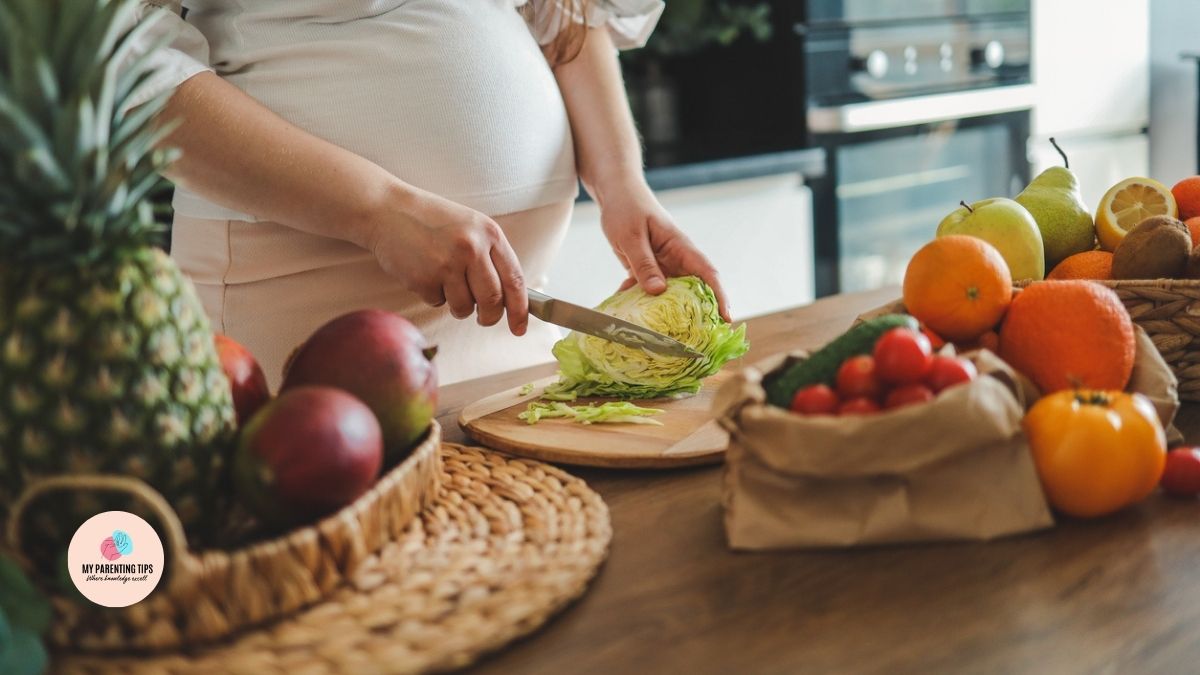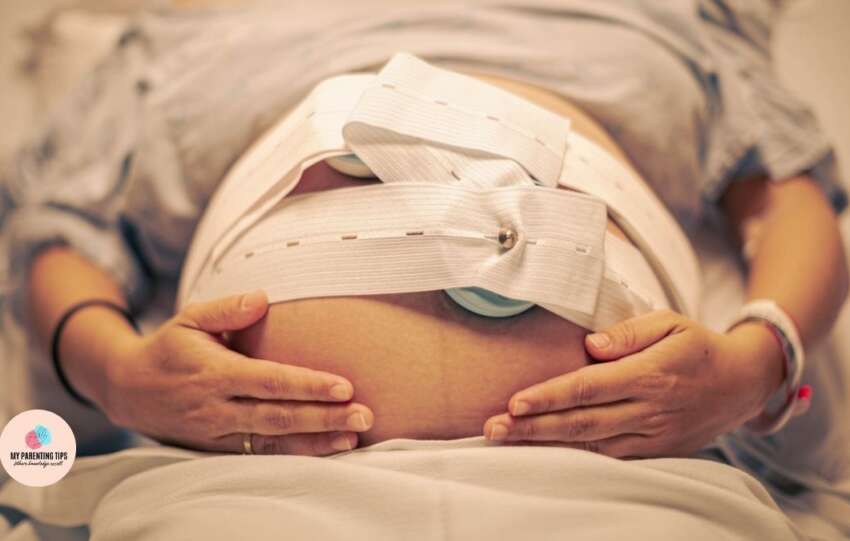What is an Introductory Healthy Diet for Pregnant Women?

“This topic includes an overview of a balanced diet for pregnant women covering vital nutrients, meal ideas, foods to avoid, and guidance on enhancing physical and mental well-being throughout pregnancy.”
Pregnancy is when your body and mind are being nurtured front stage. A well-balanced diet is essential for maintaining reproduction, supporting the development of your kid, and enabling you to feel your best for your Pregnancy Health.
A Good Diet During Pregnancy
During pregnancy, a balanced diet helps you keep energy levels and satisfy higher nutritional needs.
Here’s what to keep in mind for a diet best fit:
1. Emphasize Folic Acid and Vitamin D.
Essential for preventing neural tube abnormalities, which affect fetal brain and spine development, folate is a B vitamin. Either diet or pills will help you get 400–600 mcg of folic acid daily. Foods heavy in folate include citrus fruits, legumes, fortified cereals, and leafy greens.
Starting from the beginning of pregnancy, including foods high in folates will help your baby develop; so, think about including them in your everyday meals.
2. Add Foods Heavy in Iron.
Iron helps your baby and you have normal blood flow. Your body’s iron needs double during pregnancy, thus incorporating foods high in iron helps avoid anemia. Good providers of iron are lean meats, chicken, fish, spinach, and beans. Combining foods high in vitamin C such as strawberries, bell peppers, or oranges along with iron will boost absorption of that nutrient.
Your doctor may advise a supplement to raise your iron levels if you find it difficult to get from meals alone.
3. Sort of Give Top Priority Proteus
Particularly during the second and third trimesters, protein is vital for the development of your kid. Try for about seventy grams of protein every day. Among the excellent sources of proteins include lean meats, fish, eggs, nuts, seeds, tofu, and legumes. And snack, to meet your needs and keep energy all through the day.
4. Select Calcium-Rich Foods
The growing teeth and bones of your infant depend on calcium. Pregnant women’s daily calcium needs run from 1,000 mg to 1,500 mg. The natural excellent sources of calcium are dairy products, fortified plant-based milk, leafy greens, and tofu.
Including leafy greens in meals and a glass of milk or a yogurt, every day will help you meet your calcium needs.
5. Good Fats for Growing a Brain
The growth of your baby’s brain and vision depends on healthy lipids especially omega-3 fatty acids. Apart from other sources of omega-3s, try eating fatty fish like salmon or sardines; chia seeds, walnuts, and flaxseeds all help.
If you don’t eat fish often, think about asking your doctor about an omega-3 supplement to guarantee enough intake.
See What are Some Tips for Staying Healthy throughout Pregnancy?, which provides further ideas for supporting your health throughout this unique period.
Pregnancy and Mental Health Support Using Dietary Guidelines
Pregnancy mental health as much as physical health depends on nutrition. Consuming well-balanced meals helps to control blood sugar levels, lessen mood fluctuations, and maintain consistent energy levels.
Here’s how some foods could help your body and psyche:
1. Advanced Carbohydrates
Whole grains including quinoa, brown rice, and oats give long-lasting energy and help regulate blood sugar, therefore avoiding energy crashes that could influence mood.
2. Food Rich in Magnesium
Magnesium can help with sleep and induce calm. Foods heavy in magnesium and able to enhance mental wellness include leafy greens, almonds, and seeds.
3. B-Vits for Mood and Energy
Essential for energy generation and cognitive function, B vitamins abound in nutritious grains, lean meats, eggs, and leafy greens.
During pregnancy, these meals can enhance general well-being and a healthy mood.
Water and Liquid Consumption
Pregnancy and health care depend on hydration in great part. Enough water helps your kid get the necessary nutrients and maintains higher blood volume. Try to sip eight to ten glasses of water per day; more is recommended for morning sickness or activity.
If regular water seems dull, try herbal beverages, flavored water, or naturally hydrating foods including cucumbers, watermelons, and oranges.
Foods to Steer Clear of for Optimal Pregnancy
Some foods may influence prenatal growth or carry a danger of infection. Here’s a quick list of items to avoid:
1. Unpasteurized Dairy and Soft Cheeses
Unprocessed dairy products could contain Listeria, a bacterium that may be dangerous for pregnant women.
2. Raw or Undercooked Meat and Fish
Raw foods run the danger of causing foodborne diseases.
3. High-Mercury Fish
levels should be avoided include swordfish, king mackerel, and shark.
4. Alcohol and Excessive Caffeine
The restriction to fewer than 200 mg daily, one 12-ounce cup of coffee, alcohol should be avoided.
Preventing these meals helps reduce hazards and guarantees a safe pregnancy.
Conclusion
One of the most prudent decisions you can make for your baby and yourself is building a balanced, healthy diet all through pregnancy. Giving this great importance Stressing protein, iron, folate, calcium, and good fats will help you be pregnant healthily and provide the building blocks your child needs for development. Along with being hydrated, integrating these elements into your meals supports both physical and emotional wellness. Stressing nutrient-dense foods and well-balanced meals can help you and your child have a firm platform for a good road ahead.
Disclaimer
Although it offers broad information, this article is not a replacement for expert medical advice. See your healthcare professional for individualised advice on diet and health during pregnancy.



